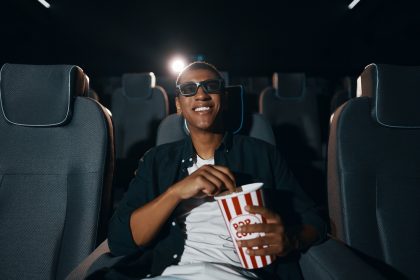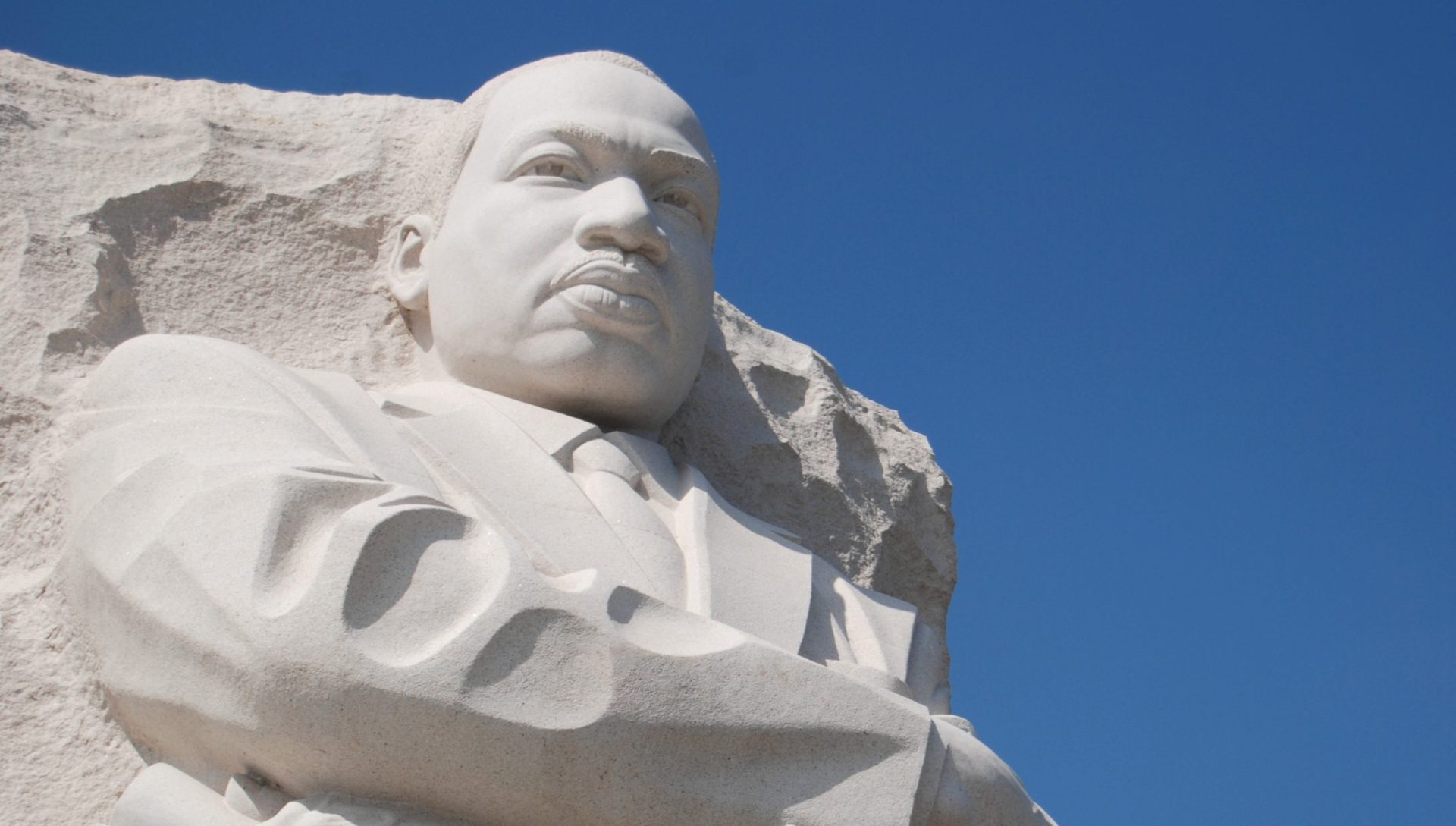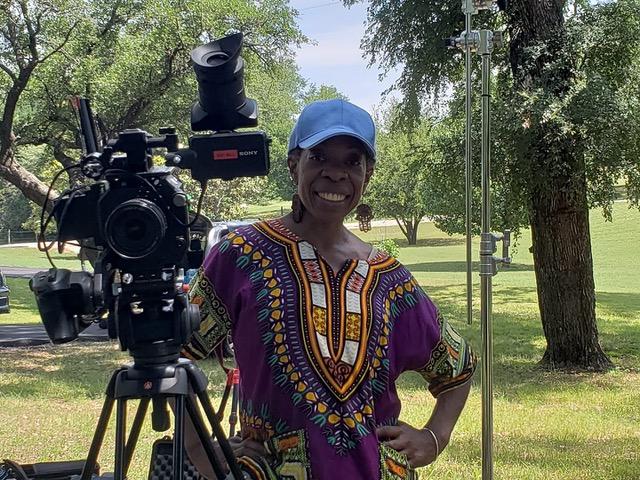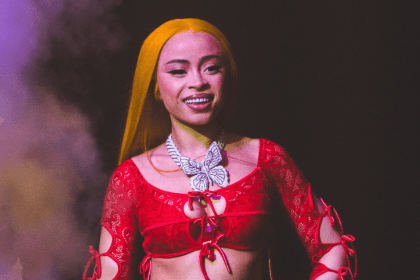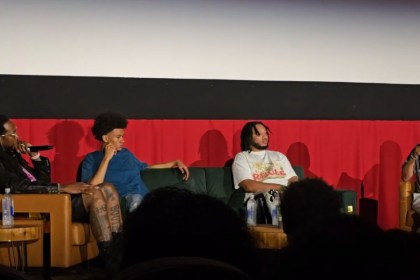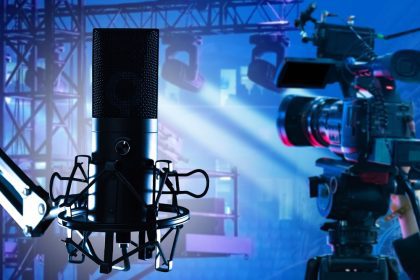
Award-winning journalist and filmmaker Rahiem Shabazz is on an endless mission to expose the disturbing truth behind America’s unequal education system through his executive produced documentary Elementary Genocide:The School to the Prison Pipeline featuring Grammy award-winning rap artist Killer Mike; political analyst Dr. Boyce Watkins; Tracey Syphax, author and community activist and many more.The film brings attention to a socially controlled structure spearheaded by the government with the intent of targeting elementary aged black males as work for hire within the U.S. penal system.
Shabazz believes teaching African American students from a limited curriculum that focuses exclusively on a European perspective isolates them from their own history, which leaves them conflicted with finding their individual identity. “If these kids don’t see studies that reflect themselves, then they will become lost,” Shabazz says. He hopes people’s eyes will open after watching his documentary to the point where they want to help fight against the ongoing issue. Shabazz spoke with rolling out recently on what viewers can expect from Elementary Genocide, his inspiration behind the film and how problems begin at home.
Here is what he had to say:
What inspired you to produce the Elementary Genocide documentary?
I am known as a hip-hop journalist that has written for a lot of urban publications. When the magazine world went to the Internet I decided to get into the film industry. I use to write movie scripts, so I worked on a couple of feature films and then went on to work with Tyler Perry for a while. I wanted to do my own thing, because I knew I didn’t fit into the Hollywood mold. When I decided to produce a documentary, I picked a subject that was close to my heart. Of course, it was about the incarceration of young Black males and females. I remember how things were when I was coming up as a young man, I found myself a few times on the wrong side of the fence with my peers who were also incarcerated. What I noticed while I was in jail was that none of the people behind bars were educated. Those that had an education were treated with more respect than those who didn’t. I discovered that 70 percent of school teachers in the U.S. are White females and don’t teach from an Afrocentric perspective. I instantly knew this was an issue that needed to be documented, so I picked up my camera and went from there.
Do you feel the lack of religion courses in school affects the children’s behavior?
No. If they were to put religion back in every school the curriculum would still reflect the European standpoint. Black kids are not being taught their history, because instead they are being taught someone else’s. I think that is where the breakdown is, because if these kids don’t see studies that reflect themselves then their is going to be a disinterest in that subject.
Do you think the school system is solely to blame?
Absolutely not. I think it starts at home and I tell people all the time kids do not drop out of school until parents drop out of their lives. Many of these kids come broken homes, so when they come to school that becomes their safe haven. On the flip side, they act out character and no one takes the time to find out what’s going on in that kid’s life. The school has to work with the child, but if it’s not being done in the home then the issue will continue.
What are your thoughts on hip-hop music having a negative influence on young Black men?
The music is totally different from when I grew up. The music doesn’t have balance anymore. Hip-hop was the voice for the voiceless. We could express our rage for the conditions that we live in, but now it’s centered around violence and drugs. Hip-hop has the power to destroy the mind the same way it can empower it. The white corporations don’t want [the kids] to hear positive things about themselves and that’s why they buy the music that is degrading for Black culture.

